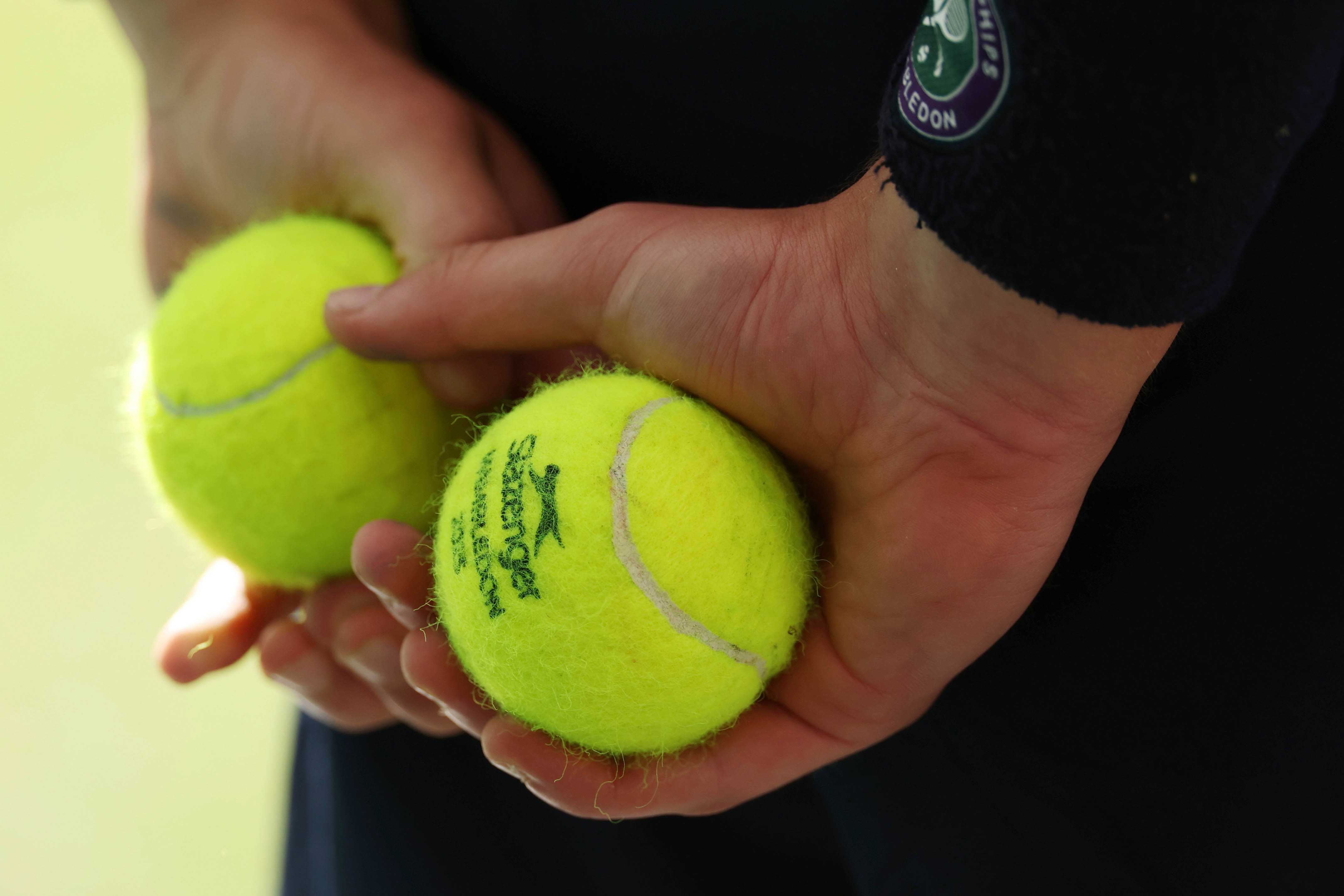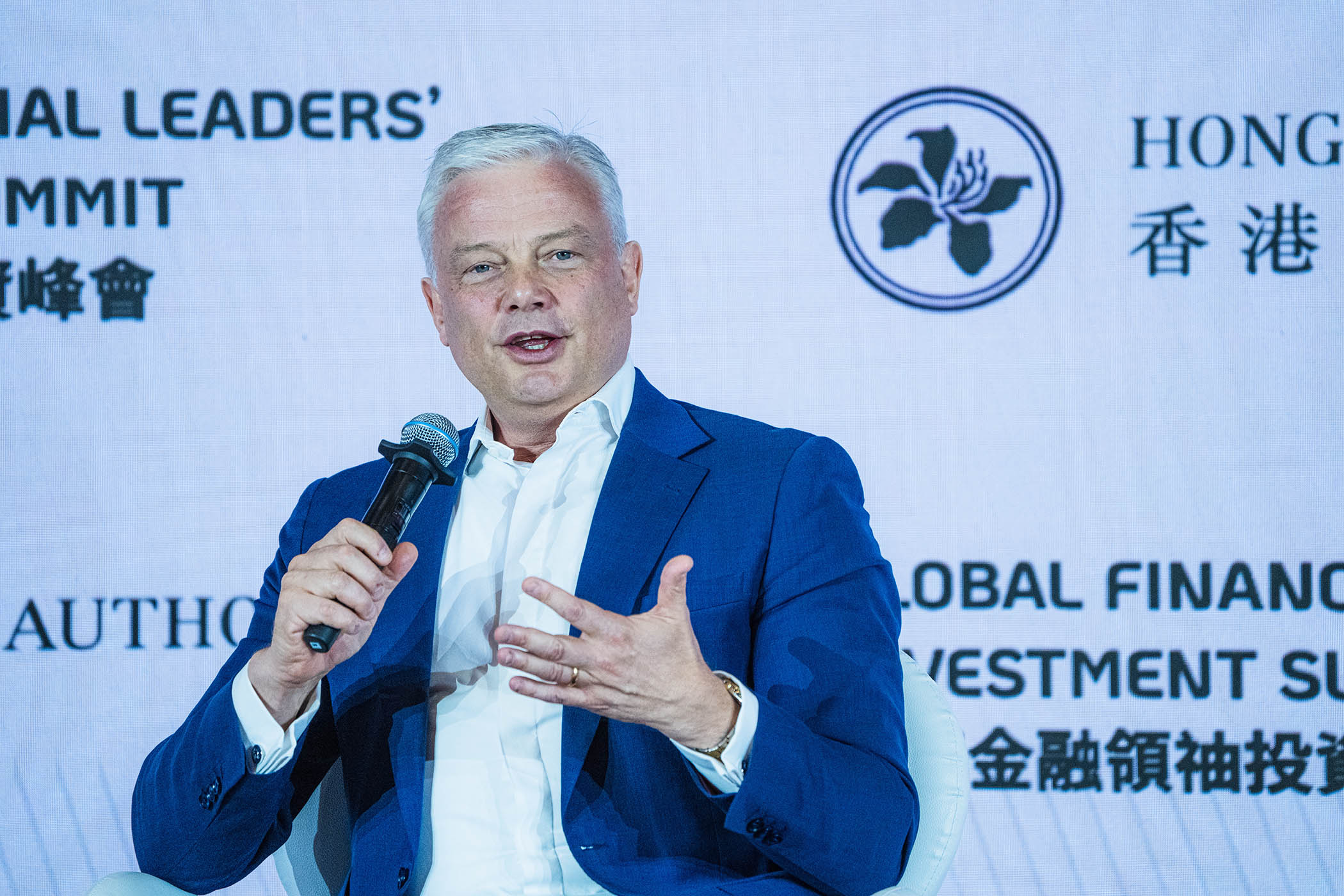BrewDog has sold a 9,300-acre estate in the Scottish Cairngorms to a specialist carbon credit company after ditching plans to go “carbon negative” by planting trees on the site.
The Kinrara estate, a plot of moorland on the banks of the River Spey, was bought by BrewDog in 2020 for £8.8m, according to Land Registry records. At the time, the beer company said it would plant a “lost forest” of 3m trees on the site by 2025, partly funded by sales of “Lost Lager” beer.
But by 2023, after a summer drought, roughly half of the 500,000 trees planted by BrewDog on the hillside had died, according to responses to FOI requests made by Nick Kempe, a campaigner at Parks Watch Scotland. Soon afterwards, the brewer was scolded by the Advertising Standards Agency, which said that its claims to be carbon negative were misleading. In 2024, the company abandoned its carbon negative target and said it would stop applying to buy carbon credits.
BrewDog’s problems have accumulated ever since. The company, founded by James Watt, posted a loss of almost £37m last year – its fifth in a row. Data shows that BrewDog beers have disappeared from nearly 2,000 pubs, and the chair of one of the UK’s biggest pub chains has suggested the brand has lost relevance.
Right from the beginning, they made all the wrong choices
Right from the beginning, they made all the wrong choices
Nick Kempe, campaigner
Now the company’s marketing will focus on its lower-ABV Wingman beer rather than Punk IPA, the product that made BrewDog an early leader in the craft beer movement.
A cultural shift among younger drinkers, plus rising employer costs, are two factors outside BrewDog’s control. But the decisions made at the Kinrara estate were not – and they have left a bad taste for local people and environmentalists.
“Right from the beginning, they made all the wrong choices,” Kempe said. He claims that by using the “mounding” tree-planting technique, which scrapes off the soil surface, BrewDog allowed the peat below to dry out rapidly, causing the trees to die and carbon to be released.
Jamie Williamson, owner of the neighbouring Alvie and Dalraddy estates, also expressed concern about the project’s oversight. He recounted seeing two diggers in close proximity – one pulling up carbon-trapping peat, while the other covered it with more soil – “supposedly all to achieve carbon credits”.
Whether the forest at Kinrara is “lost” for good remains to be seen. BrewDog would not comment on how many of the 3m trees it pledged to plant had been “established”.
The estate’s new owner, Oxygen Conservation, says it has ambitions to be the first £1bn seller of carbon credits in the UK. In the four years since its founding, the startup has acquired 12 estates in the UK covering more than 20,200 hectares.
Newsletters
Choose the newsletters you want to receive
View more
For information about how The Observer protects your data, read our Privacy Policy
It would not disclose the sum it paid for Kinrara, but Williamson and Kempe said it was probably “over the odds” given the state of the land and £2.1m liability in grants that BrewDog took from the Scottish government to replant trees after the drought. If the trees don’t take root and start sucking up carbon, it is understood that Oxygen Conservation will be asked to repay the amount.
A spokesperson for BrewDog said: “We’re not commenting on the financial arrangements of the sale of the Lost Forest. We’re proud of all that has been achieved and of the legacy we leave, but the time is right to hand over the reins to an organisation that specialises in protecting and investing in natural capital.”
They said that decarbonisation remains a key target, but that future efforts would centre on operations and the supply chain, “as this is where we believe we can really make a meaningful difference”.
Photograph by James Watt



